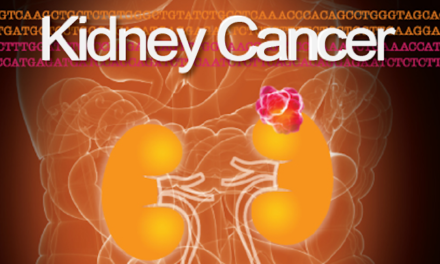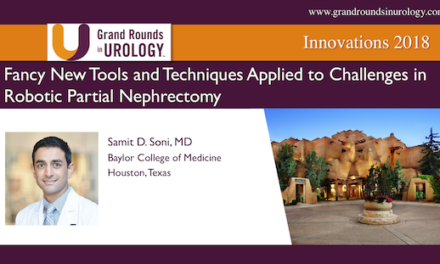
Estimating the Social Value Generated by Immunotherapy for Renal Cell Carcinoma Patients
Abstract
Recent development of new immunotherapies offers the potential for long-term survival benefits and extended disease control for certain cancers. While the clinical efficacy of these new treatments has been reviewed in literature, the social value generated by new immunotherapies related to long-term clinical benefits has yet been fully explored. This study, using advanced or metastatic renal cell carcinoma (aRCC) as an example, investigated the potential long-term impact of nivolumab on life expectancy and social value, which is defined as the change in monetized quality-adjusted life-years associated with the treatment in question minus the change in medical expenditures inclusive of the projected total treatment cost.
The Health Economics Medical Innovation Simulation (THEMIS) was used to project the anticipated changes in aRCC patient survival and quality of life post-diagnosis due to the introduction of new treatment options, including nivolumab and new targeted therapies introduced after 2015, over the next 50 years. THEMIS, which tracks a representative sample of patients aged 51+ years, was used to first estimate longevity for aRCC patients under a baseline scenario without nivolumab or new targeted therapies where mortality and disease stage were estimated using the Surveillance and Epidemiology End Results (SEER) database. The baseline was then compared versus both a new targeted therapy scenario (based on cabozantinib and lenvatinib + everolimus) and two nivolumab scenarios, where survival and patient response rates were based on the CheckMate 025 study. Both nivolumab scenarios assume the same clinical efficacy but differ in the average treatment duration (1 year or 2 years) required to attain full treatment benefit. Other health state transitions were estimated from nationally representative datasets, and a full year of healthy life was valued at $150,000 USD.
In the baseline scenario, aRCC patients lose 17 years of life compared with a nationally representative population, which is comparable to published estimates of 13 years for all patients regardless of stage (Burnet NG et al. Br J Cancer 2005;92:241-5). Compared with baseline, the nivolumab scenarios extend life expectancy by 1.9 years and provide positive social value over the next 50 years ranging from $18,783 to $33,108 per aRCC patient and from around $188 billion to $331 billion for society depending on the treatment duration. Similarly, when compared with baseline, the new targeted therapy scenario extends life expectancy by 0.4 years with a negative social value of $1,715 per patient (see table). These results were robust to sensitivity tests on quality-of-life gains and the value of quality-adjusted life-years.
Nivolumab may provide significant survival increases for patients with aRCC and add positive social value, even under the conservative assumption of 2 years’ treatment duration to attain full benefit.
Authors: Sullivan, Jeffrey | Sexton Ward, Alison | Peneva, Desi | Yang, Shuo | Rao, Sumati | Figlin, Robert A
Journal: Kidney Cancer, vol. 2, no. s1, pp. I-S50, 2018



